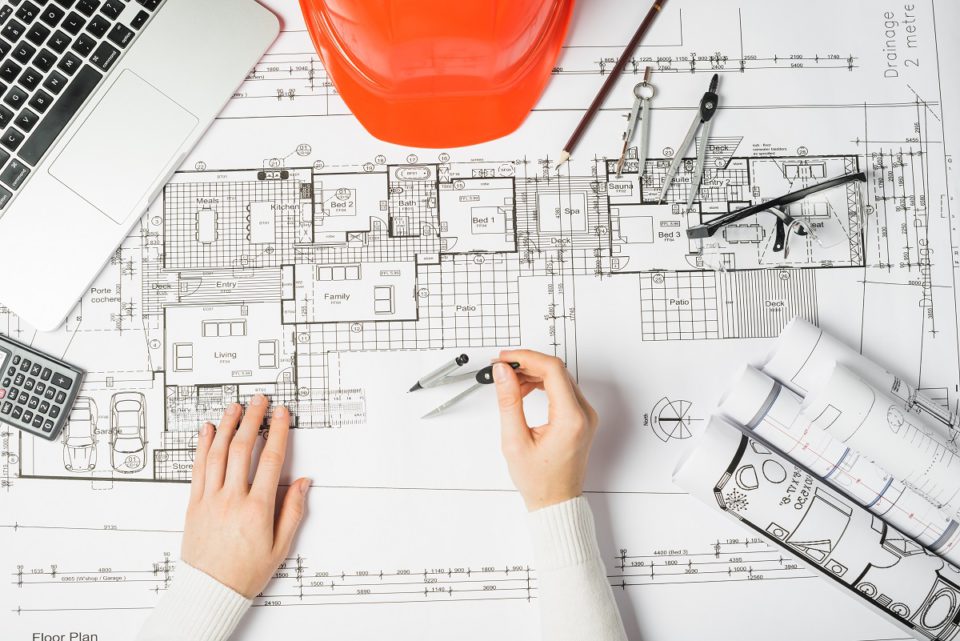Numerous real estate industry members have long understood the urgent need for future buildings. At first, it was thought that the main priority was sustainability. Sustainability in the broadest sense of the word emphasizes the significance of making real estate more ecologically friendly while also addressing issues like wellbeing, community, and the inclusion of structures and urban spaces.
For instance, inclusivity touches on affordability as well as accessibility, city planning, and architectural design. All of this need coordinated action from the real estate industry, urban entrepreneurs, and policymakers.
The start of the pandemic accelerated some trends and had an impact on many of the fundamental determinants of demand for real estate. The confluence of numerous problems, including those affecting public health, society, the economy, and the environment, has helped emphasize how urgent it is to establish a few basic requirements and develop a set of benchmarks that could guide the sector in ‘future building’.
What are the Requirements of a Future Building
Innovation and Digitalization: One of the key facilitators for the new real estate age to begin will be technology. Buildings are currently producing massive amounts of data that can be gathered to help with investment, maintenance, and operation decisions.
But it will be necessary to roll up an interconnected system of smart buildings that work together to achieve scale and efficiencies. Data privacy and security must also be given top importance to guarantee the safety of tenants and owners.
In-Depth Knowledge and Talent: The real estate industry’s vision for future buildings calls for a talent pool that is at the top of its game and has a broad understanding of the market. The business sector needs to create the ideal C-suite mix and hire managers who are qualified to lead the technological, resilient, and sustainable transition. Additionally, real estate companies must promote inclusion and diversity in the workplace and guarantee equal representation.
Proven-value business case: Only when there is a strong economic case and an obvious return on investment are new solutions scalable, yet implementation is frequently hampered by a lack of stakeholder interest alignment.
The investment will be encouraged by the development of comprehensive measures that recognize all participants along the value chain. Increased transparency is also necessary, with stakeholders having easy access to reliable market data and performance benchmarks, as well as clear, consistent rules and regulations that are strictly implemented.
Greater Engagement with Stakeholders: To provide more efficient solutions to municipal and industry difficulties, the real estate community (policy-makers, lenders, investors, tenants, contractors, etc.) must actively work together.
In a post-COVID future, city governments will need to regard real estate developers, investors, and occupiers as city-shaping partners who can aid in the accomplishment of objectives that would otherwise be challenging.
To promote innovation and to produce human-centric development that faces fewer impediments during the urban planning process, meaningful cooperation with academics and civil society is also essential.
Robust regulatory frameworks: The uniformity of outdated and disjointed building standards will aid transition if flexible zoning and city development plans are supported. Regulation can also be a vehicle for enacting change.
For example, net zero carbon targets, whose requirement can be a potent tool, or affordability, where the regulation can encourage supply and/or demand to assist close market gaps
Here’s How You Become Ready for Future Building
While the world is gradually moving towards an environment-friendly set-up, the real estate industry needs to jump into the wagon. Those who want to be a part of this revolution can get in touch with specialists and consultants who are experienced and have the knowledge to assist them towards this goal. You can visit their website and be a part of the sustainable future buildings.
